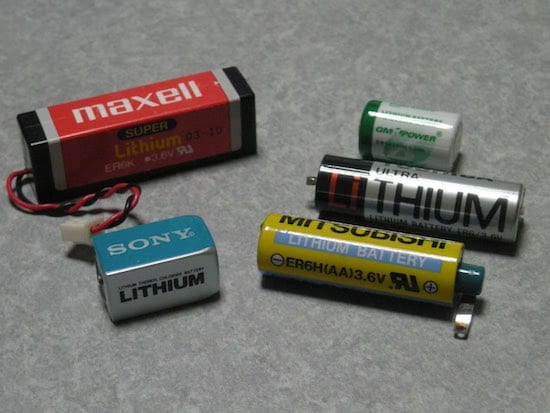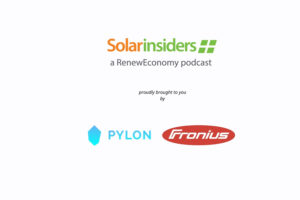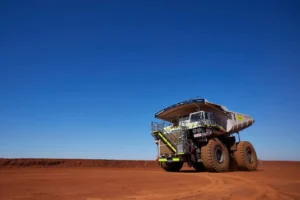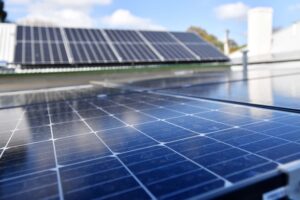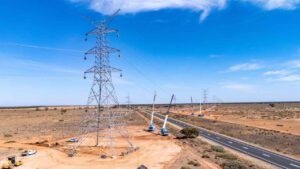 Western Australia looks set to host one of the world’s biggest refineries of lithium – a key ingredient in the global battery boom that is underpinning the world’s shift to renewable energy and electric vehicles.
Western Australia looks set to host one of the world’s biggest refineries of lithium – a key ingredient in the global battery boom that is underpinning the world’s shift to renewable energy and electric vehicles.
The potentially massive plant has been earmarked for a site at Kwinana, south of Perth, by Kidman Resources, as part of its 50:50 venture with Sociedad Quimica y Minera de Chile.
The JV, called Western Australia Lithium (WAL), aims to build a multi-million dollar plant at the site, south of Perth, in order to process the ore from its Earl Grey deposit – one of the largest in WA.
The refinery is expected to produce about 40,000 tonnes of lithium carbonate or lithium hydroxide each year.
As we have reported, lithium-based batteries – which have been powering our mobile phones and laptops for years now – are rapidly emerging as the favourites in both stationary and mobile battery storage, with variations on the theme used by a number of global battery and EV giants including Tesla, BYD and Sonnen.
Australia, with its abundant lithium resource, has a head start in the booming global market – but a recent report has warned that the local industry would need to act quickly and decisively to take advantage of what could be a $2 trillion value supply chain.
The ASX-listed Kidman said on Friday that “putting its foot” on the Kwinana site, which was surrounded by an abundance of critical infrastructure, was a major step forward in the company’s plant to become an integrated manufacturer of battery-grade refined lithium.
“Importantly,” said managing director and CEO Martin Donohue, the announcement follows Kidmand’s recent success in gathering a “high level of interest … from various parties seeking refined lithium offtake.”
WAL said it had entered into an option with Western Australian Land Authority to lease the site in the Kwinana Strategic Industrial Area, and was advancing a definitive feasibility study for the refinery, which was expected to be completed in late 2018.
It plans to commission the refinery in 2021 with an initial annual nameplate capacity of around 44,000 tonnes of lithium hydroxide or 37,000 tonnes of lithium carbonate.
The refinery is also expected to create about 400 construction jobs and 150 full-time direct roles once in operation.

